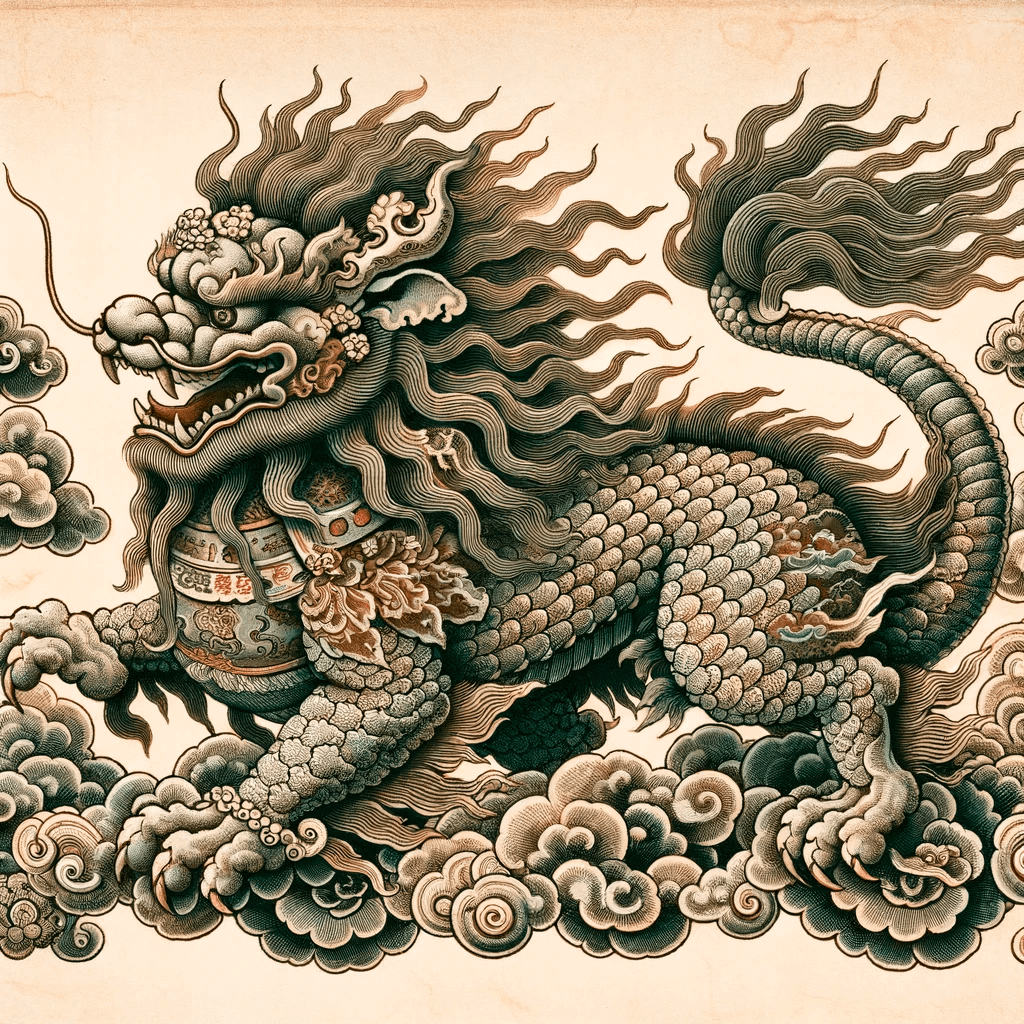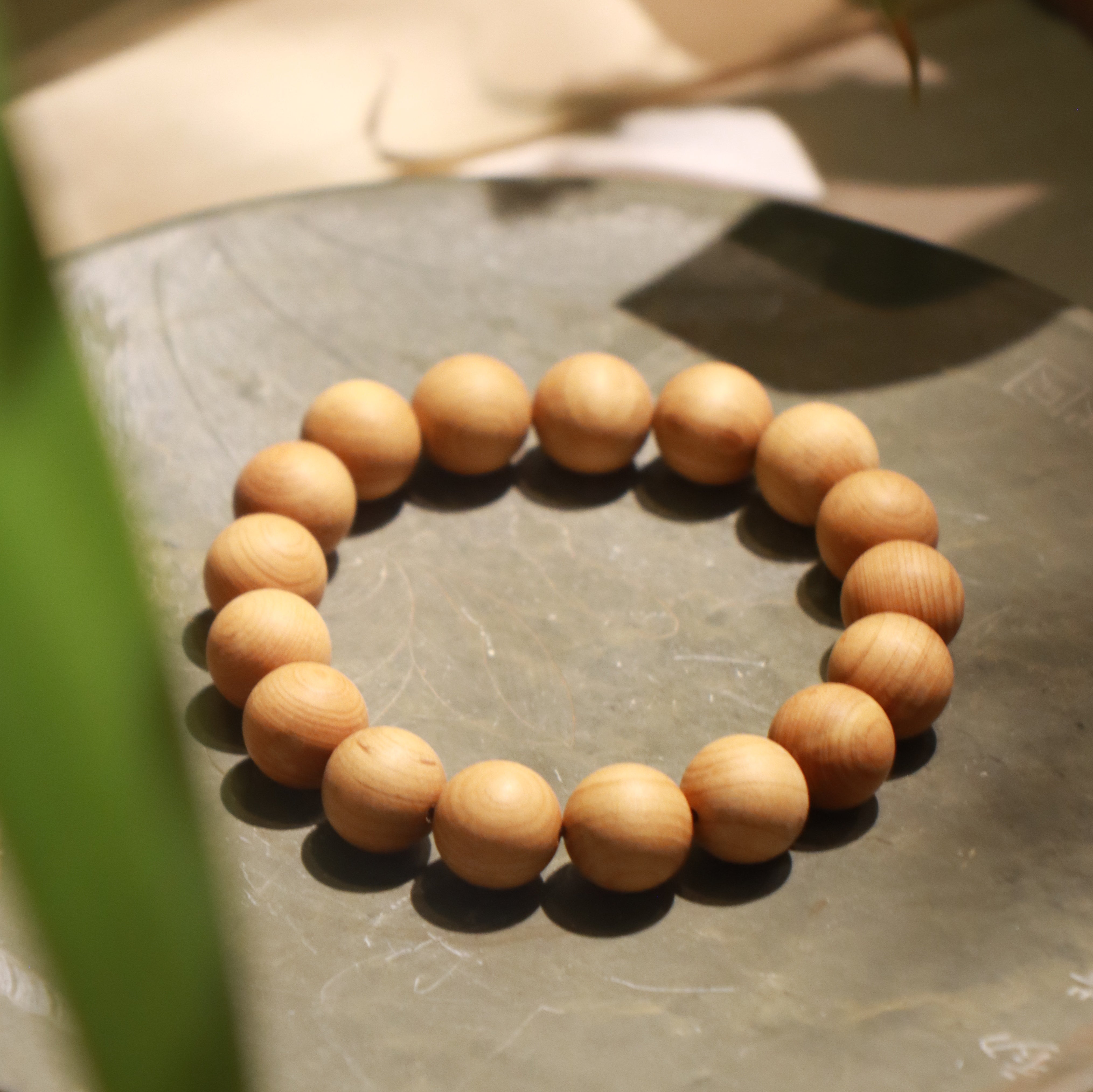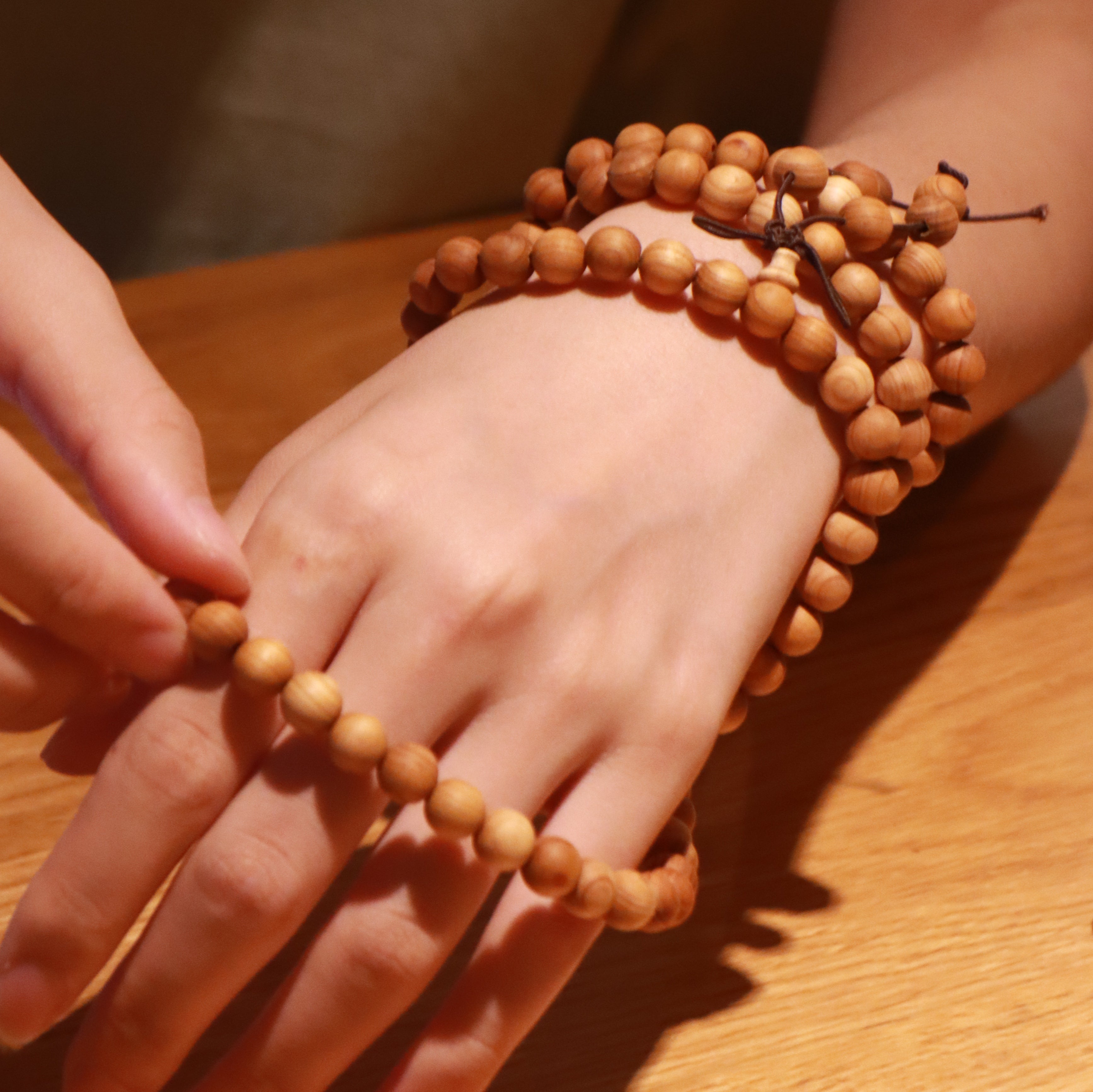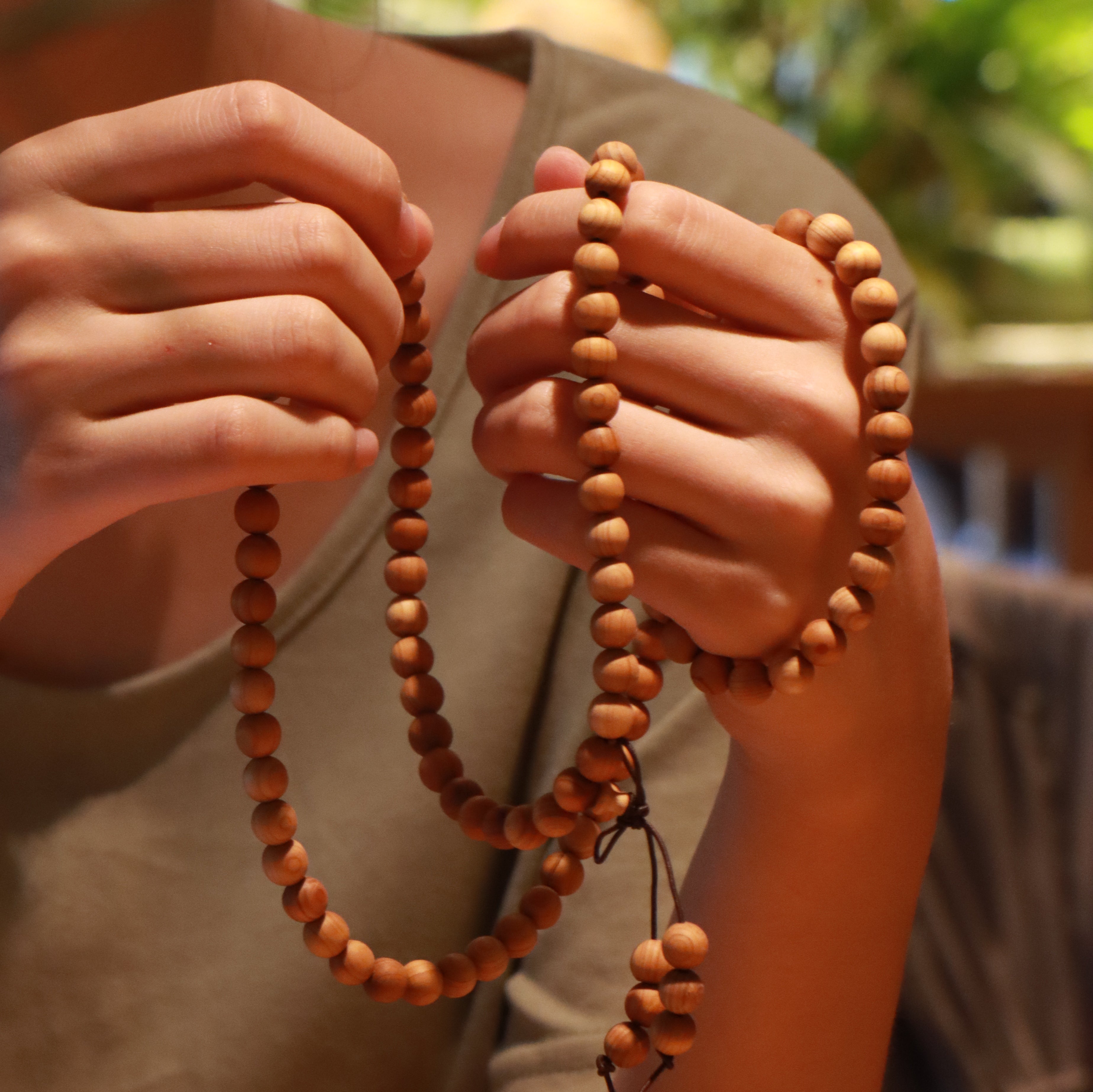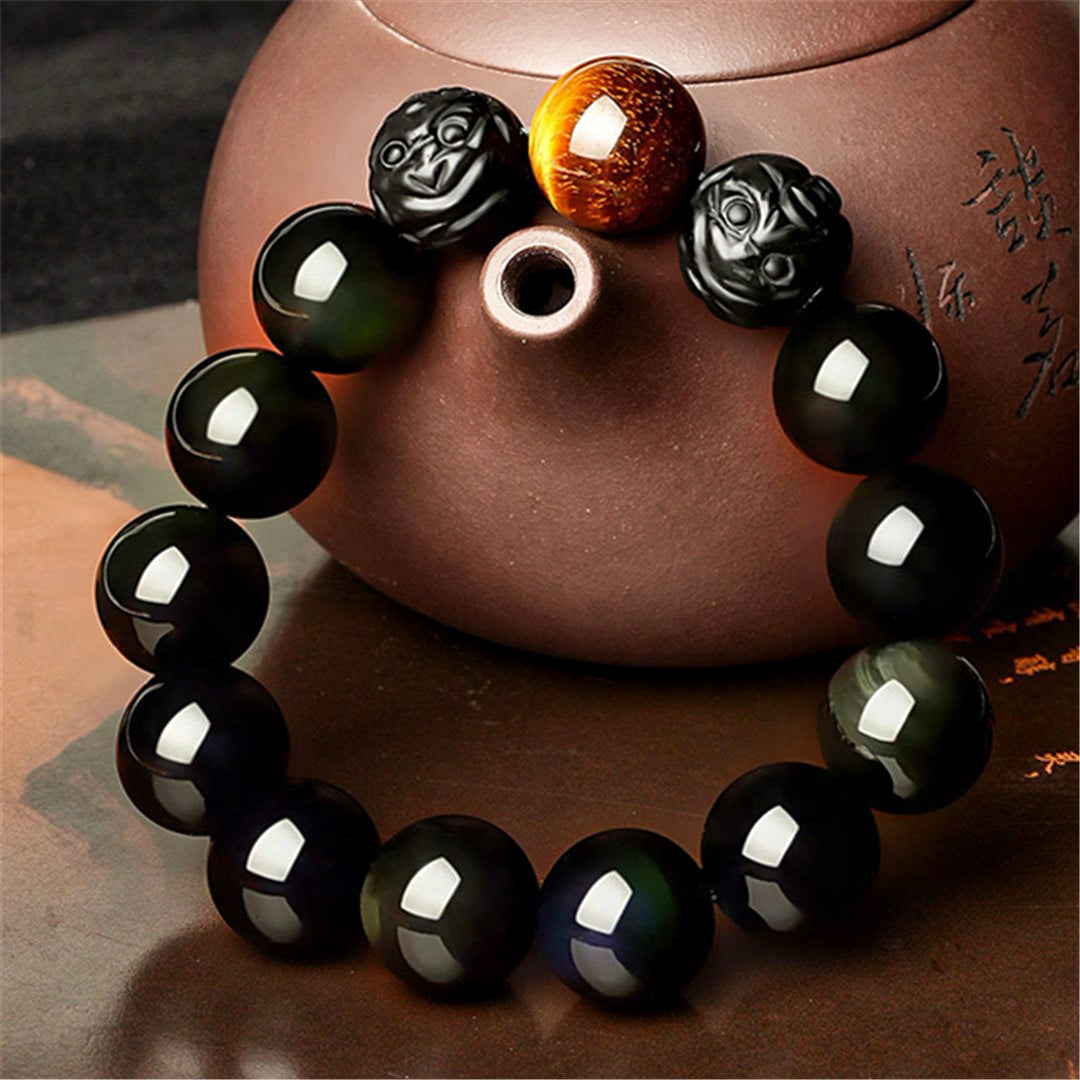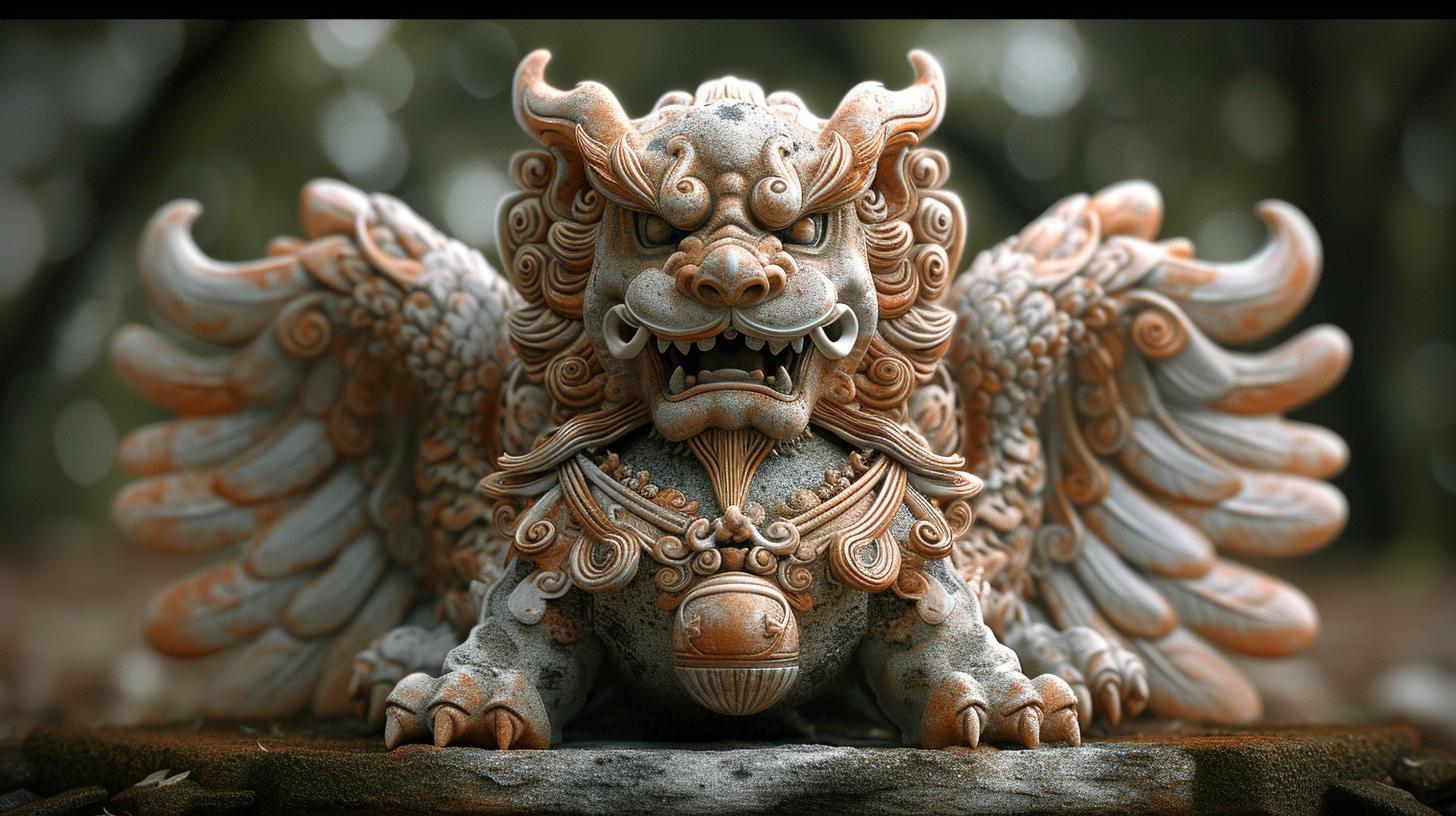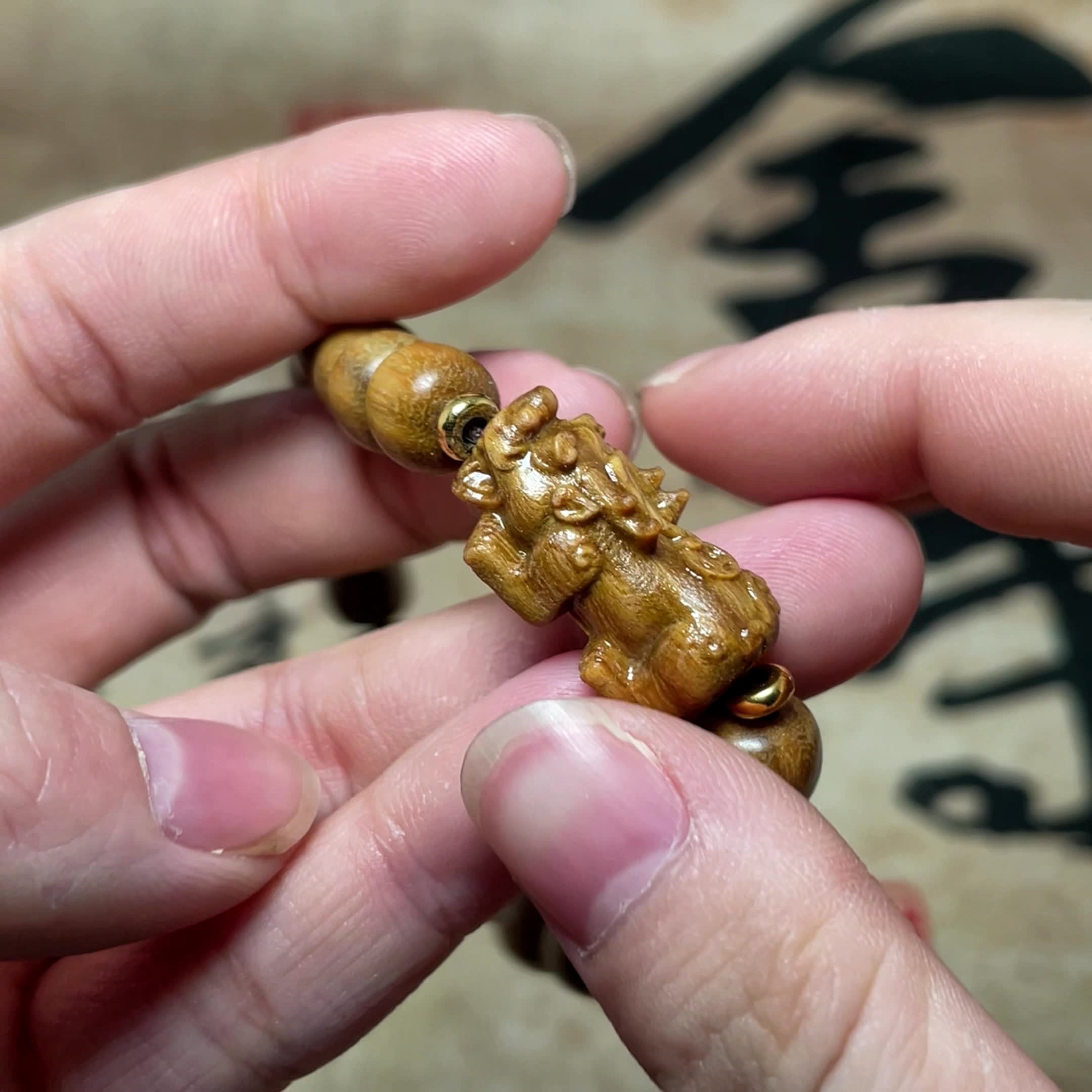The mythical creature Pixiu, revered for its power to attract wealth and ward off misfortune, holds a unique title in Chinese mythology: the “Dragon’s Ninth Son.” This epithet intertwines celestial symbolism, cultural evolution, and spiritual beliefs. Let’s unravel the origins of this name and its enduring significance.
1. The Legend of the Dragon’s Nine Offspring
In Chinese mythology, dragons are said to have nine sons, each embodying distinct traits and roles. While regional tales vary, Pixiu is consistently identified as the ninth offspring, a position that grants it divine authority over cosmic forces like water and weather. The “nine sons” concept reflects a balance of diversity and unity, where each offspring governs a domain—from justice (Bixi, the tortoise-like son) to literary prowess (Qiuniu, associated with music).
Pixiu’s role as the youngest son emphasizes its connection to wealth accumulation and protection, traits amplified by its hybrid form: a dragon’s head (symbolizing authority), a lion’s body (representing courage), and qilin-like legs (embodying auspiciousness). This fusion positions Pixiu as a guardian of prosperity, bridging celestial and earthly realms.

2. Celestial Origins: A Tale of Rebellion and Redemption
One legend traces Pixiu’s origin to a celestial mishap. As the Dragon King’s favored child, it developed an insatiable appetite for treasures. During a heavenly feast, it devoured sacred offerings and defiled the Jade Emperor’s palace. Enraged, the Emperor punished Pixiu by sealing its anus, condemning it to hoard wealth without expulsion eternally. This myth explains Pixiu’s symbolic role as a guardian of unending abundance.
This narrative also underscores its dual identity: a celestial rebel turned divine protector. Its sealed form became a metaphor for resourcefulness—transforming greed into a virtue by safeguarding riches for its devotees.

3. Cultural Evolution: From War Symbol to Feng Shui Staple
Historically, Pixiu symbolized military strength. Ancient armies were metaphorically called “Pixiu’s troops,” reflecting its fierce, indomitable spirit. Over time, its image softened into a protector of homes and businesses, particularly during the Ming and Qing dynasties.
In feng shui, Pixiu statues are strategically placed to align with directional energies (based on the Bagua), believed to channel prosperity. Jade Pixiu amulets, worn for personal luck, blend Taoist symbolism with reverence for its dragon lineage. Its evolution mirrors societal shifts—from valuing brute force to prioritizing harmony and wealth.
4. Modern Legacy: Bridging Tradition and Innovation
Today, Pixiu remains a cultural icon, celebrated in art, jewelry, and corporate branding. Luxury brands like Cartier and Bulgari incorporate Pixiu motifs into designs, appealing to global audiences while honoring tradition. Its title as the “ninth son” endures as a nod to ancestral blessings and mythical roots.
In digital spaces, Pixiu’s symbolism thrives. E-commerce platforms use their imagery to signify “wealth attraction,” while influencers leverage their story for content that blends mythology with modern aspirations.
5. Key Symbolic Themes
-
Wealth and Protection: Pixiu’s sealed form and hybrid anatomy make it a talisman against financial loss.
-
Divine Lineage: As the Dragon’s Ninth Son, it embodies celestial authority and ancestral legitimacy.
-
Adaptability: Its transformation from a war symbol to a feng shui staple highlights cultural resilience.


